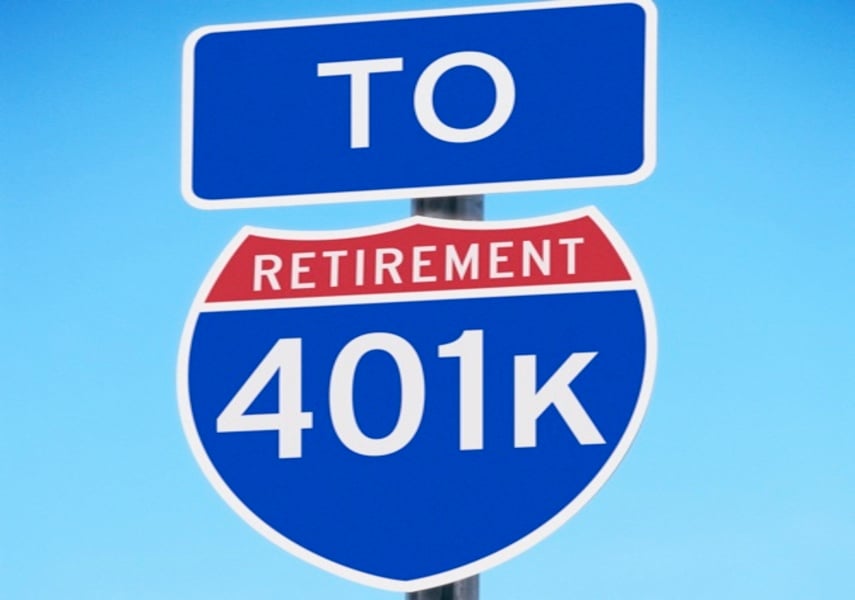

The current market volatility and lower expected market returns shouldn’t warrant a change in retirement savings strategies for most workers, according to research from T. Rowe Price.
“However, older workers, especially those close to retirement, will have less time to recoup lower returns and may need to make up that ground by increasing their savings,” the company said in a press release.
The firm found that 401(k) plan participants on the whole have been staying the course. During the first half of the year, more than 95% have not made any investment exchanges, and fewer than 1% of those fully invested in target-date funds made any investment changes.
The firm continues to suggest that workers save at least 15%, including any employer contribution, of their annual salary for retirement. It suggested that those close to retirement but unable to meet their retirement savings benchmarks might consider delaying retirement for a year or two, taking part time work in retirement or making spending adjustments.

While industry statistics pointing to a succession crisis can cause alarm, advisor-owners should be free to consider a middle path between staying solo and catching the surging wave of M&A.

New joint research by T. Rowe Price, MIT, and Stanford University finds more diverse asset allocations among older participants.

With its asset pipeline bursting past $13 billion, Farther is looking to build more momentum with three new managing directors.

A Department of Labor proposal to scrap a regulatory provision under ERISA could create uncertainty for fiduciaries, the trade association argues.

"We continue to feel confident about our ability to capture 90%," LPL CEO Rich Steinmeier told analysts during the firm's 2nd quarter earnings call.
Orion's Tom Wilson on delivering coordinated, high-touch service in a world where returns alone no longer set you apart.
Barely a decade old, registered index-linked annuities have quickly surged in popularity, thanks to their unique blend of protection and growth potential—an appealing option for investors looking to chart a steadier course through today's choppy market waters, says Myles Lambert, Brighthouse Financial.
